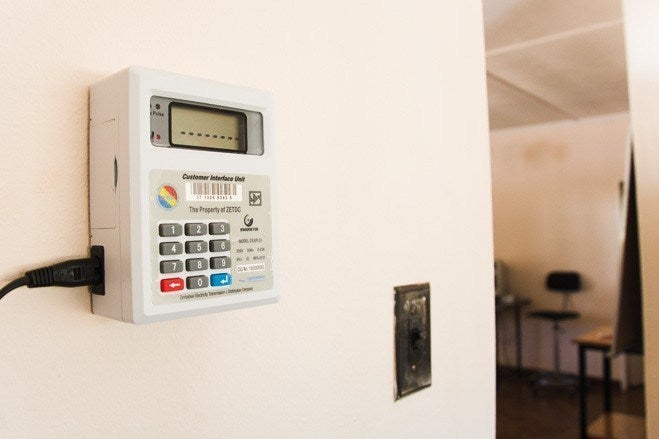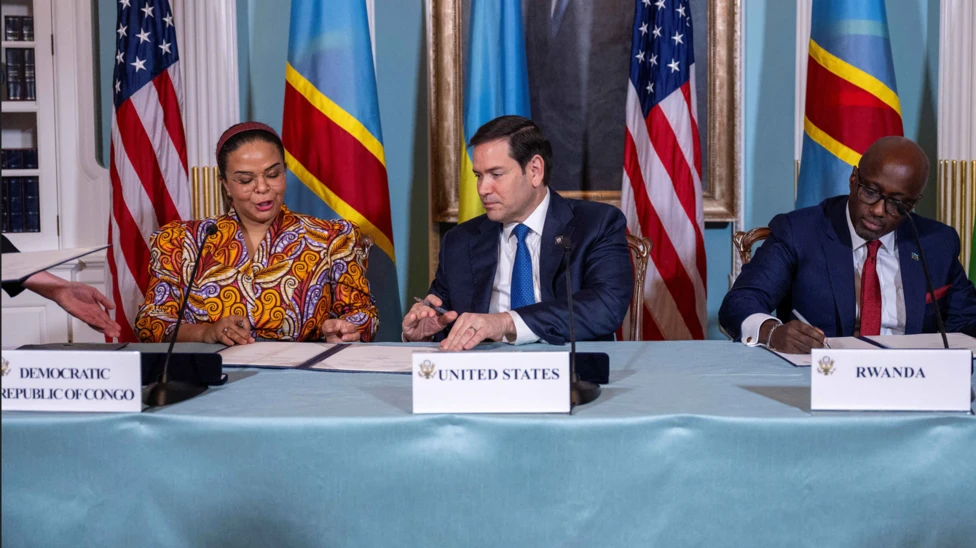HARARE – Electricity tariffs are going up by an average of 19.02 percent starting March 1, the Zimbabwe Electricity Transmission and Distribution Company (ZETDC) announced on Thursday blaming the increase on a weakening local currency and rising inflation.
It is the second sharp increase in five months after tariffs shot up by 320 percent in October last year, which ZETDC said was to fund power imports from South Africa and Mozambique.
“The ZETDC has adjusted the electricity tariffs by 19.02 percent. This is in accordance with the tariff award of October 2, 2019, which approved implementation of a monthly tariff indexation formula that takes into account the movement of macro-economic fundamentals such as exchange rate and inflation, for changes above 10 percent,” ZETDC said in a statement.
Zimbabwe is experiencing its worst economic crisis in a decade, seen in triple-digit inflation, 18-hour power cuts and shortages of United States dollars, medicines and fuel that have stoked public anger against the government of President Emmerson Mnangagwa.
The latest increase will hit consumers hard, as they are already grappling with soaring inflation that is eroding their earnings.
Business leaders warned the tariff increase would spark a fresh round of price increases.
“Obviously, any increase in electricity charges will echo through every product that we produce. Our thinking is that the issue of electricity tariff increases is as bad as its unavailability because half the time we have power cuts and you compound it with the increase in tariffs,” said Victor Nyoni, the CEO of the Association for Business in Zimbabwe.
“Clearly, this will have an inflationary impact on our operations.”
In June last year, Zimbabwe ended a decade of dollarisation, fuelling inflation which economists estimate reached 525 percent in December.
Lack of confidence in the Zimbabwe dollar has seen the local currency sharply lose value, triggering a wave of price increases by many businesses who still index their prices against the US dollar. But salaries have not kept pace, prompting citizens to blame Mnangagwa’s policies for the crisis.
The new tariff would allow ZETDC to raise money to pay for imports from South Africa’s Eskom and Mozambique which cost US$19.5 million every month.
Confederation of Zimbabwe Industries (CZI) vice president Joseph Gunda, said any significant increase in power tariffs renders the local manufacturing sector uncompetitive.
“An increase of 19 percent is quite significant. Any increase in electricity tariffs like this particular one has a negative bearing on operations of industry,” he said.
“The tariff increase will actually worsen the situation if power is not made available.”
Hopes that Zimbabwe’s economy would quickly rebound under Mnangagwa, who took over after the late Robert Mugabe was deposed in a coup in November 2017, have faded fast as ordinary people grapple with soaring inflation which has eroded earnings and savings.
The International Monetary Fund (IMF) said on Wednesday that Zimbabwe’s economic reform agenda was off-track, and that without further donor support the risks of a deep humanitarian crisis were high.
“The government that came to office following the 2018 elections adopted an agenda focused on macro stabilisation and reforms … but [this] is now off-track as policy implementation has been mixed,” the IMF said in a statement outlining the conclusion of its latest Article IV consultation with Zimbabwe.
Mnangagwa, who critics accuse of lacking commitment to political reforms and using his predecessor’s heavy-handed tactics to stifle dissent, has pleaded for time and patience to bring the economy back from the “dead.”
















